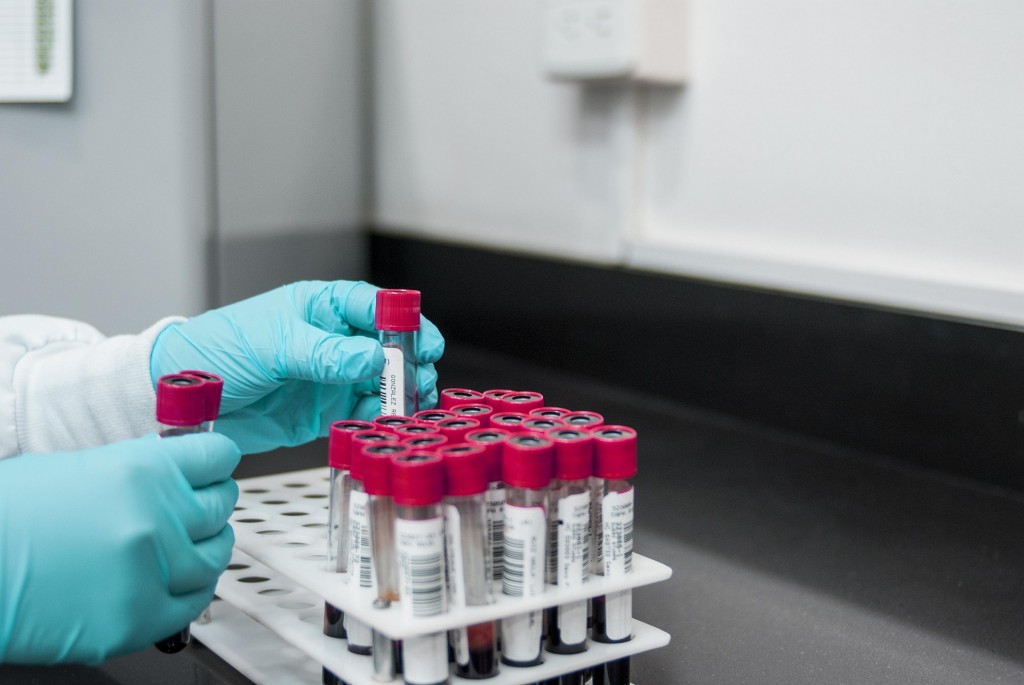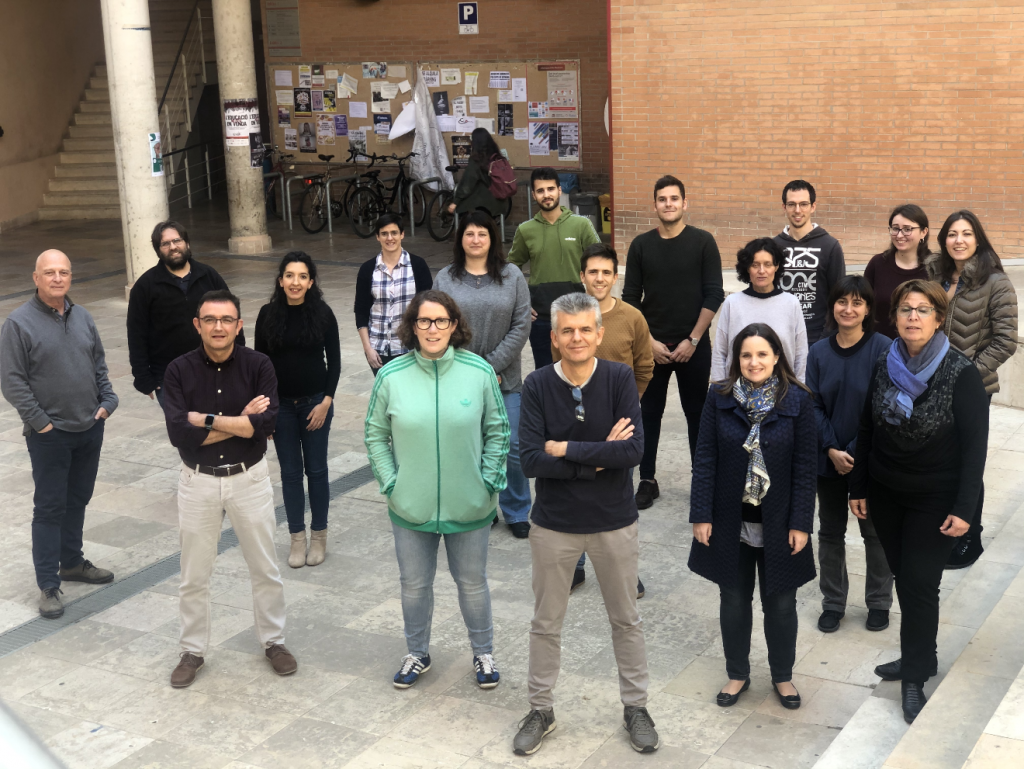12/03/2025
Discovery of new biomarkers advances the treatment of rheumatoid arthritis
A study led by the URV reveals the potential of some glycoproteins to help in our understanding of the chronic inflammation associated with disease and its impact on cardiovascular risk

A study led by the URV reveals the potential of some glycoproteins to help in our understanding of the chronic inflammation associated with disease and its impact on cardiovascular risk
A URV research team has identified a series of proteins and molecules that could be key to improving the prognosis and treatment of rheumatoid arthritis, especially with regard to its relationship with the risk of cardiovascular disease. The results of the study, published in the journal Scientific Reports, open the door to new ways of managing this disease and preventing associated heart problems.
Rheumatoid arthritis is an inflammatory, autoimmune and chronic disease that affects approximately 1% of the world’s population, mainly women. It primarily affects the joints, but can also have consequences in other parts of the body. One of the risks most associated with the disease is the increased risk of cardiovascular disease, such as heart attacks and strokes. This association occurs because the inflammation caused by the disease also affects other parts of the body, including the circulatory system. For this reason, identifying molecules that can measure and control the inflammatory activity of this disease is key to improving patients’ health because it will help in the prediction and prevention of future cardiovascular accidents.
To carry out the study, the research team analysed blood samples from 219 patients with rheumatoid arthritis, 82 with other metabolic disorders and 64 healthy people. The aim was to look for biological markers of inflammation, i.e. molecules that allow the level of inflammation to be measured and the risk of suffering associated diseases to be assessed. The research focused on two points: on the one hand, proteins known as glycoproteins, specifically glycoproteins A, B and F and, on the other hand, microRNAs, small molecules that negatively regulate gene activity by repressing their expression.

The study showed that people with rheumatoid arthritis have higher levels of glycoproteins A and B compared to healthy people. This makes these proteins potential biomarkers of inflammation, as their increase is related to the severity of the disease. “When patients with rheumatoid arthritis undergo a blood test, analysing these two proteins can give us a more accurate picture of how much inflammation the patient has. This can help us to take measures to control the disease, including adjustments in treatment and a more exhaustive follow-up of the patient,” explained Dídac Llop, the first signatory of the study, which was led by Joan Carles Vallvé and Josep Ribalta, researchers at the URV’s Department of Medicine and Surgery. This same test could also be used to predict possible future cardiovascular incidents, as it has been shown that less controlled patients (with high levels of inflammation) are more likely to suffer a heart attack.
The research also detected the importance of microRNAs, molecules that act as “switches” that regulate which genes are activated and which are not. The research team discovered that when the level of some of these microRNAs is low, the level of glycoproteins A and B increases, which means they could be possible regulators of this inflammatory process. This is important, as these microRNAs could become therapeutic targets at which to aim future drugs to combat the disease.
Research has also shown that the association between glycated proteins and microRNAs is stronger in women than in men with rheumatoid arthritis. This could indicate that female patients have a different response to men, possibly due to hormonal factors.
Reference: Llop, D., Paredes, S., Rosales, R. et al. Comprehensive analysis of glycoprotein profiles and their association with cardiovascular disease-related microRNAs in rheumatoid arthritis, metabolic disorders, and controls. Sci Rep 14, 26471 (2024). DOI: doi: 10.1038/s41598-024-77772-1. PMID: 39488576; PMCID: PMC11531556.
